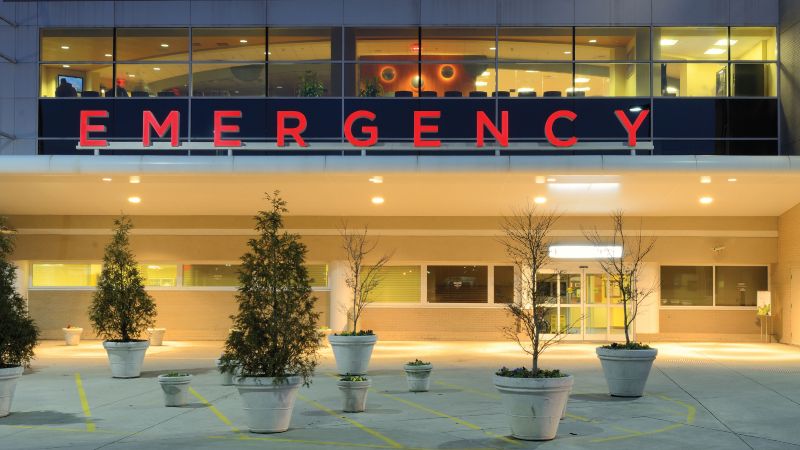Rural hospitals have been facing several challenges over the last decade. Reduced rural population numbers, an increase of uninsured patients, recruitment difficulties, equipment underuse, and reimbursement regulation have all posed a threat to rural hospitals—causing dozens to close.
When a rural hospital closes, the consequences can be dramatic. Not only do rural hospitals play a critical part in the American healthcare system by providing care to vulnerable communities, but they also serve a pivotal role in stimulating rural economies.
Here are a few of the many reasons why rural hospitals are so important and the consequences that can occur when they are closed.
Serving Vulnerable Communities
Unlike an urban population that benefits from the ability to select where they receive their care, rural communities usually do not have a choice when deciding where to receive treatment. They depend on their nearest healthcare facility as their only option. The lack of options inherently makes these populations vulnerable, and when you factor in the common financial struggles that rural clinics encounter, the vulnerability grows.
About 20% of the US population lives in these vulnerable rural communities. Many must already travel to access care. If the facility they rely on goes under, they suddenly find themselves traveling hours to receive the medical care they need.
Providing care to these vulnerable communities is one of the most important elements of rural hospitals.
Expanding Care through Telemedicine
As rural hospitals fight to keep their doors open and continue to provide care to their communities, many are searching for ways to expand care. One model that is seeing wide implementation is telemedicine.
Telemedicine presents several benefits for rural hospitals and the patients they serve. First and foremost, telemedicine enables rural patients to take on an active role in their health. By capturing their vitals through wearable and at-home devices, patients can track their health and securely send the information to their provider without traveling to a hospital or clinic. The clinic adds the data to their electronic medical records that both patients and physicians can review at the click of a button.
Telemedicine also allows patients to visit their physicians virtually. Physicians can administer chronic care, trauma, long-term care, and medication consultation remotely via telemedicine systems.
While telemedicine is expanding, one challenge that remains is reimbursement. Not all insurance providers, including Medicare, currently reimburse for telemedicine, which is, of course, a significant roadblock for patients and hospitals alike.
Economic Impact Rural Hospitals have on Communities
Rural communities depend on rural hospitals for access to care. But when a rural hospital closes, there are also significant consequences on local economies. According to the National Center for Rural Health Works, the health care sector accounts for between 10-15% of the jobs in rural counties.
The loss of immediate jobs is a terrible consequence, but the damage isn’t limited to employment. Rural areas that lack a local hospital often struggle to draw outside investment, which mitigates economic growth in the area. From the outside, a community without a hospital is on the decline, and therefore unfit for investment.
QLK Executive Search
Here at QLK Executive Search, we know how important rural hospitals are to the communities they serve. Whether you’re looking for an opportunity to bring your talents to a rural hospital, or are a rural hospital looking for talent, we can help. Contact us today.


